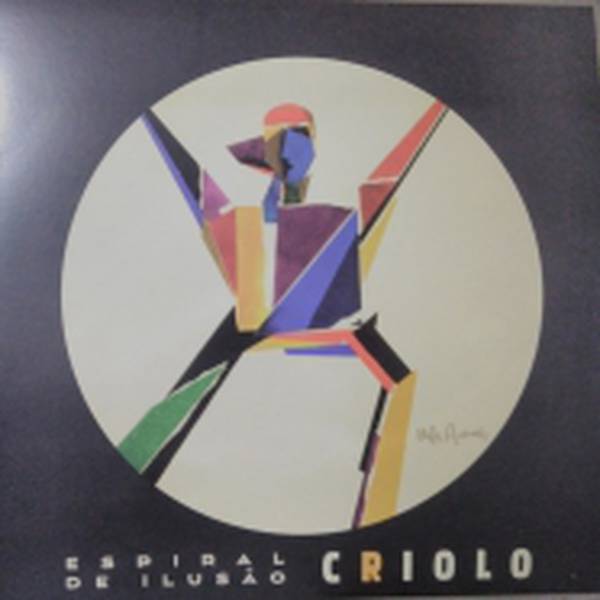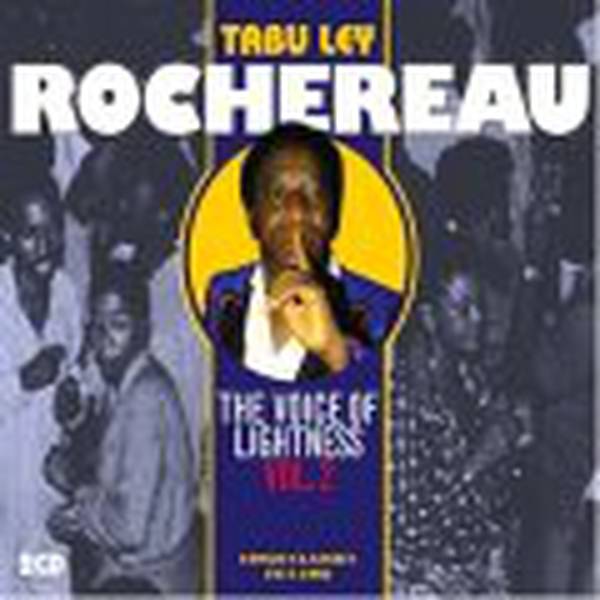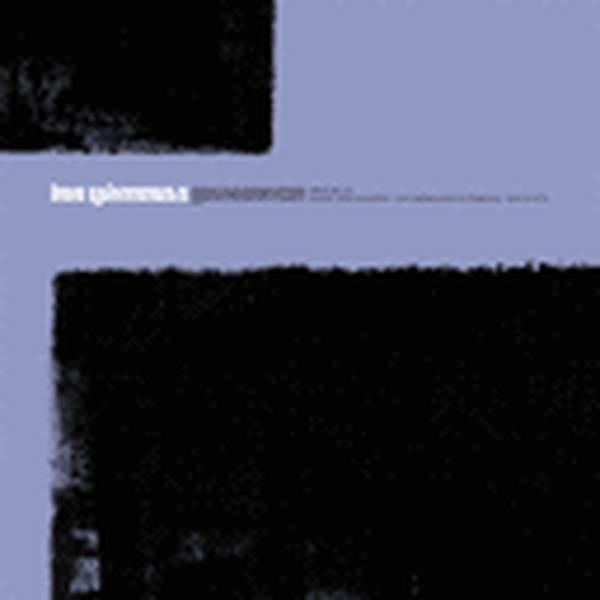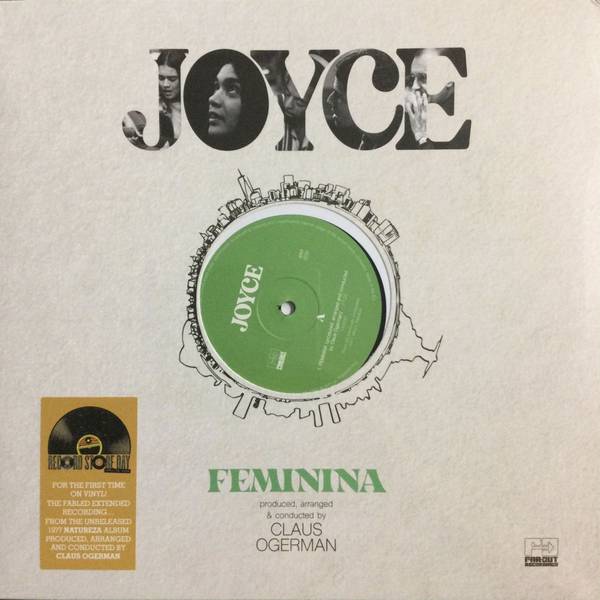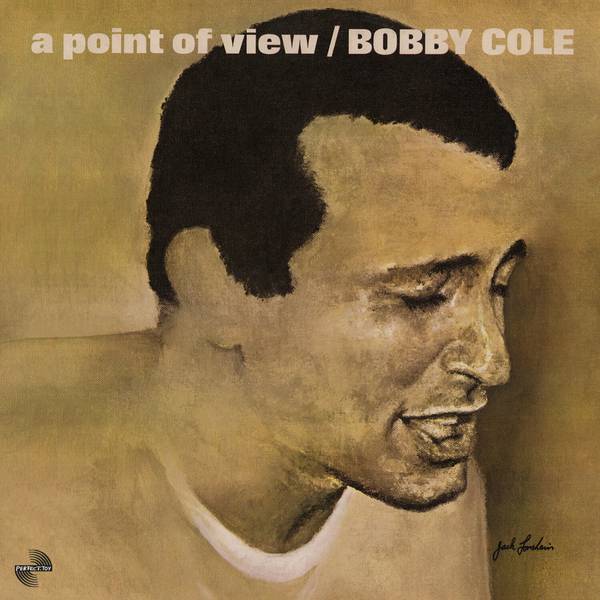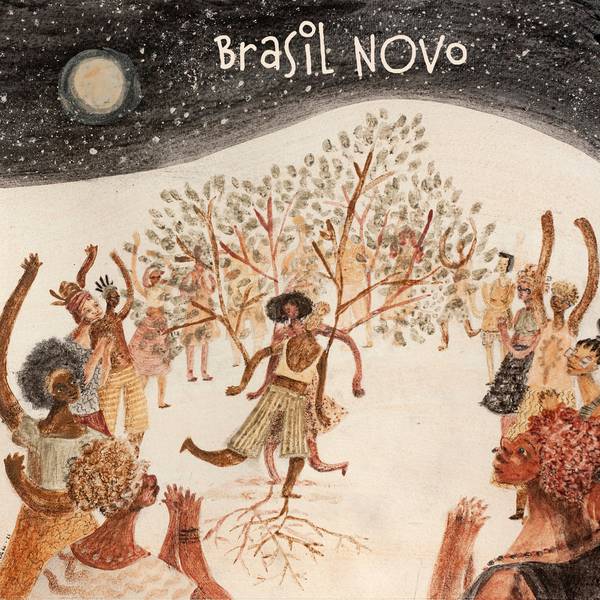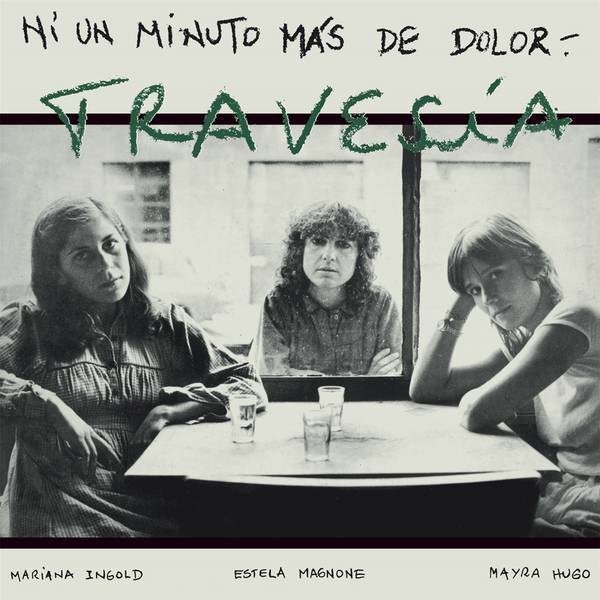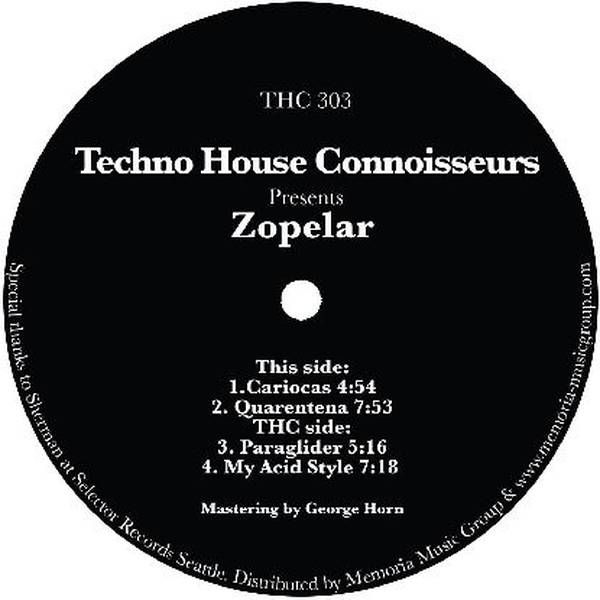
Tax included, Shipping not included
The child of migrants from the North East of Brazil to the commercial hub of São Paulo, Kleber Gomes aka Criolo, grew up in Grajaú (Zona Sul), one of the many shanty towns that circle this modern megacity. A mud-floored shack with no running water was the start to Criolo’s life on the flipside of Brazil, a tough urban environment that nevertheless has a sense of community he clearly cherishes. Using music to try to make sense of the city’s crazed reality, Criolo does not claim to speak for everybody, he just wants to channel all that rage and hope and tell it like it is.
Writing his first song aged 11, hip hop was his first love but now at 36, Criolo's expression has developed an adventurous range without losing any of its intensity. The hard-hitting MC of the people remains, but added to this is the voice of a poet, singer and composer who reaches out to embrace afrobeat, samba and reggae aswell as rap. His new album Nó Na Orelha ('Knot In The Ear') is one of the most successful Brazilian releases of 2011 and a remarkable break-through by an underground name to the mainstream spotlight. Completely selfpenned, it was produced by Marcelo Cabral and celebrated Nação Zumbi producer Daniel Ganjaman (of the Instituto Collective). When the three got together it quickly became apparent that Criolo’s notoriously prolific song-writing could take the project to new dimensions beyond hip hop. The record was made with an entirely independent ethos, there was no record label involved, and support came from local not-for-profit arts collective Martilha Cultural. Made in an atmosphere of low-budget solidarity and creative freedom, none of them knew they were about to cut one of the albums of the year.
The success of Nó Na Orelha has been vertiginous, with 400,000 downloads of the album since its release in Brazil in April 2011 and over 50 live shows across the country. Criolo topped the rankings in Rolling Stone Magazine Brazil with Album of the Year and Best Song (Não Existe o Amor Em SP) and won three VMB (MTV Brazil) awards for Best Album, Best Newcomer and Best Song (Não Existe o Amor Em SP), including an emotional duet with avid fan Caetano Veloso at the awards ceremony. Criolo has many high-profile TV appearances in Brazil under his belt and the press features keep coming, often including interviews with his mother Dona Vilani, a self-educated public school teacher with a love of philosophy - someone who has obviously inspired him a great deal.
The backdrop to this apparent overnight success story is Criolo’s deep history on the São Paulo hip hop scene. He has performed countless neighbourhood shows over 20 years, released his debut album, Ainda Há Tempo, in 2006 and created Rinha Dos MCs, a centre for street art and hip hop music and the location for the infamous weekly freestyle battles that draw rap wordsmiths from all over town. He has huge credibility on the underground scene and as his fanbase has swelled to the hundreds of thousands Criolo hasn’t lost sight of his roots or his motivation for writing songs which are steeped in emotion and hard-edged social commentary. As he told Trip magazine in a recent interview, Criolo makes music out of despair – despair at the state his country is in, where blatant and brutal social inequality is worsening despite the unprecedented economic boom happening in Brazil right now. His thoughtful, heartfelt response is an album of stunning diversity and power.
TRACKLISTING:
1. Bogotá 4:40
2. Subirusdoistiozin 3:34
3. Não Existe Amor Em SP 4:41
4. Mariô 3:37
5. Freguês Da Meia Noite 4:10
6. Grajauex 2:36
7. Samba Sambei 3:43
8. Sucrilhos 4:00
9. Lion Man 3:25
10.Linha De Frente 4:30
11.Samba Sambei (Dub Mix) 3:41
The album opens with the afrobeat-inspired Bogotá, featuring Thiago França on tenor sax. Subirudoistiozin (Twogentsdead) tells the story of a double murder, and was the first track released as a single and atmospheric video, launching Criolo’s rise. Não Existe Amor em SP (There’s No Love in São Paulo), his lament on the cruelty of the metropolis (how many lonely souls drift through a city of 20 million people?) has become an instant classic. Rap rules on Grajauex while sweet samba shapes Linha de Frente. From the down-beat bolero-brega of O Freguês da Meia-Noite (Midnight Regular) to the spacey dub of Samba Sambei and Lion Man and the Afro- Brazilian funk grooves of Mariô, the album takes the listener on a nocturnal trip through sprawling São Paulo, Brazil’s hip hop capital, catching samba, reggae and afrobeat sounding out from downtown bars, favela parties and car stereos. Nó Na Orelha is a homage to that city, a visceral place buzzing with vision and energy, capable of inspiring and destroying its citizens. And, certainly, the only place capable of producing an artist like Criolo.

